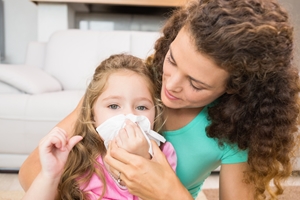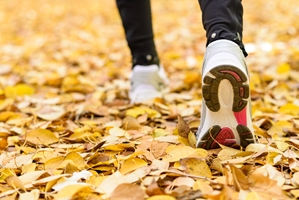
Spring high school sports may be drawing to a close, but that doesn't mean kids will stop throwing around a baseball or football. Many play recreationally during the summer. If your high school athletes suffered from allergies this past spring, don't let it happen again. Make sure their bodies are well prepared for the onslaught of summer allergies by following these tips:
1. Take allergy medicine early
Most of us take allergy medicine right as we experience symptoms like sneezing and wheezing. This is a big mistake! It takes time for allergy medication to work through our bodies and build a defense system. Weeks before your children begin playing recreational sports with their friends, have them visit an allergy specialist who will prescribe the correct medicine.
2. Inform the coach
Many high school sports, such as football, pick up again in the late summer. If your children have allergies or experience asthma, talk to the coach about it. While parents typically have to fill out medical forms, this isn't good enough. The coach could accidentally scan over it. Bring it to their attention prior to the start of the season, so the coach can accommodate your children and their playing time accordingly.
3. Play indoor sports
Allergies are worse between 9 a.m. and 3 p.m. (usually when kids are in the classroom). However, many high school sports schedule games in the morning or afternoon on the weekends. Don't assume your children can tough out one game a week. If they have severe allergy symptoms, play indoor sports instead.
Feel confident in the type of allergy products you purchase. Your health depends on it! Check out what our customers have had to say about their successful experiences with Allergy Be Gone's products. And, for more allergy solutions, visit our online store or contact us today.









